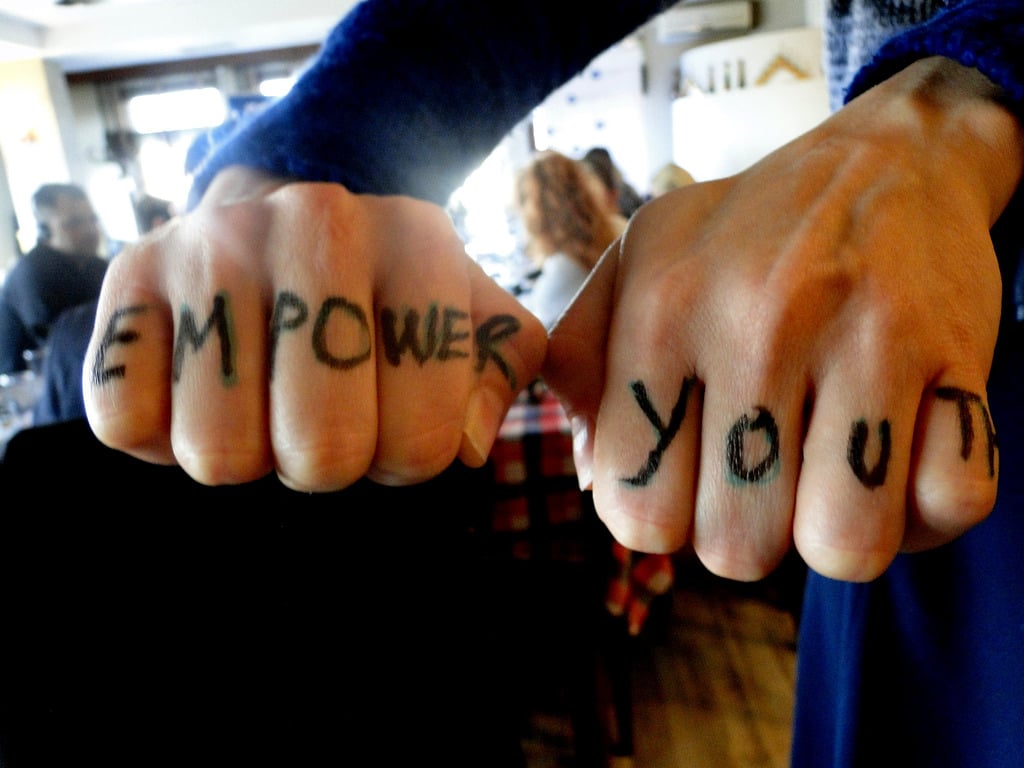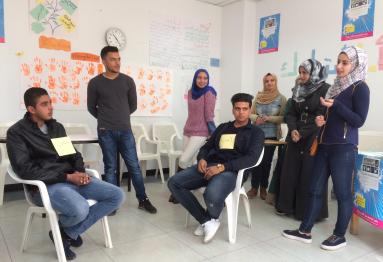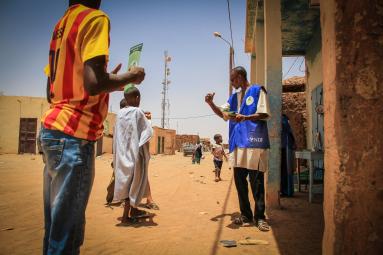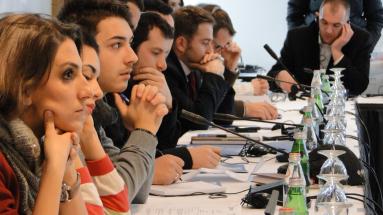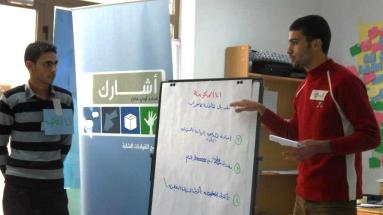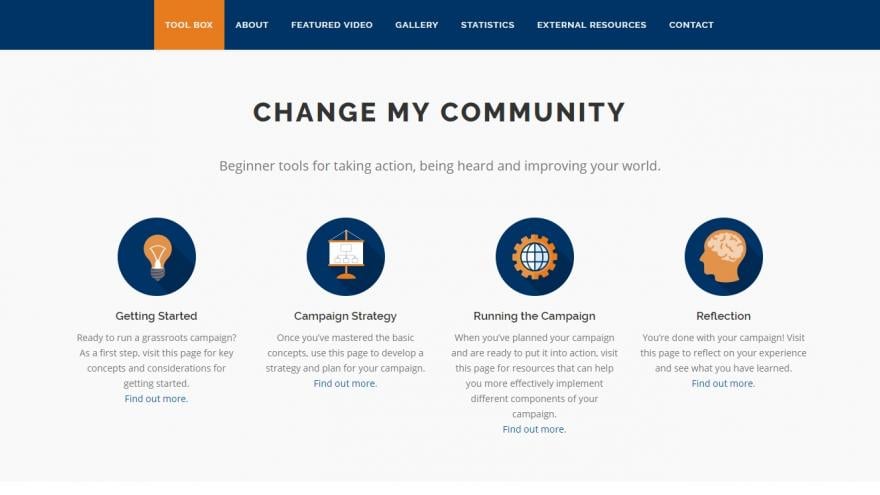A Unified Theory of Change for Youth Political Participation
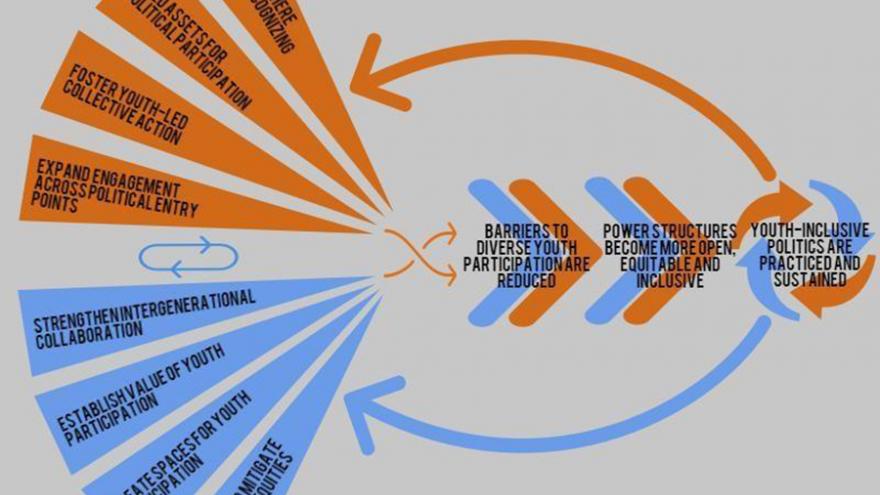
The theory of change "unifies" the various efforts required to ultimately reduce barriers to youth participation and institutionalize youth-inclusive and -responsive political practices. The two primary components that propel this process are the development of youth agency and an enabling environment for their participation. Agency refers to the willingness and capacity of young people to act individually and collectively. Whereas, the enabling environment refers to the political avenues and opportunities that encourage young people to express themselves, interact with power holders and demonstrate their competence.
Lessons for Structuring Youth Political Participation Programs
The unified theory of change envisions the need to build youth agency, or the willingness and capacity of young people to act individually and collectively. More specifically, agency entails a blend of knowledge, skills and attitudes that develop and are reinforced - in large part - through direct political action.
An enabling environment refers to political avenues and opportunities that encourage young people to express themselves, engage power holders and demonstrate their competence. Creating an enabling environment relies on intergenerational relationship building that can establish mutual understanding, trust, and respect.

